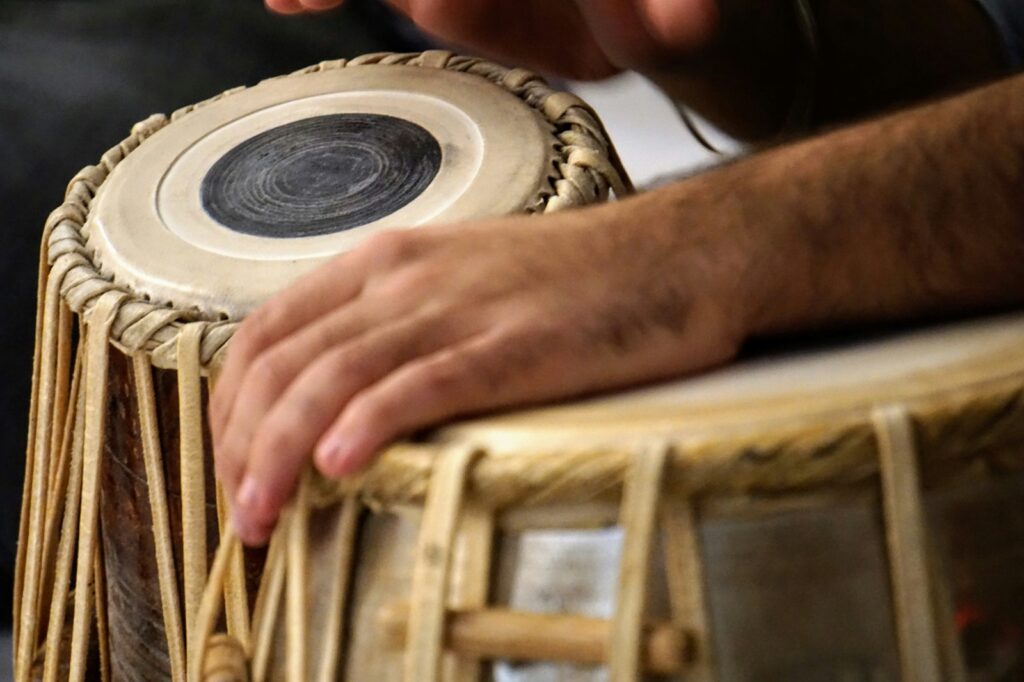Let’s be clear, we need spiritual heroes. Heroes have grit and they inspire. They model and lead. Most importantly they have a heart of sacrifice.
No one has said it better than Aunt May in Spiderman 2: “We need a hero, courageous sacrificing people, setting examples for all of us… I believe there is a hero in all of us, that keeps us honest, gives us strength, makes us noble and finally gets us to die with pride”.
Everybody loves a hero. However, spiritual heroes don’t come easy in the real world. The wait for a spiritual hero can be long and hard. Herein, lies our problem.
As we wait for heroes, some thrust themselves into the spotlight, dominate the space and stake their claim. In sheer desperation, we hail them as some kind of heroes. Or it could be that we ‘pick-and choose’ those who provide best-fit answers to our inner fears, deepest needs, worrying insecurities, and wider aspirations.
The self-claimed hero manufactures a ‘larger-than-life’ image of power, authority, and influence through an array of PR strategies, creates magical moments through numerous anecdotal stories and make-believe myths, and even provides gorgeous spectacles to capture our imagination.
We love it all as we walk through the showbiz corridor. Suddenly, we begin to feel ‘visible’ in packed oversized auditoriums, despite being insignificant and inconsequential to the flow of events. We live in the narrative that gives meaning to our lives.
Our faith feels ‘credible’ amidst seemingly crumbling certainties despite lacking a philosophical framework. Our lives feel a lot more ‘purposeful’ armed with a bunch of pat answers, jingoistic slogans, and quotable quotes.
The unfolding story provides the much-needed identity, significance, and purpose for our lives. We willingly surrender to the public narrative that glorifies the dawn of a new champion.
The hero wants to grow much bigger – a superhero with invincible power, influence, and authority. We crave for more of the spectacle, magic, and heroic myths. Somehow, this is isn’t enough for neither of us.
So, the celebrity-hero doesn’t let the spotlight be turned away from him. He wants to become a brand that we cheer for. We surrender to the demands of idolization and are willing to do just about anything – ‘line-up’, ‘sign-up’ – ‘give-up’ – ‘hang-up’ – for him.
We gloat in the aura of invincibility as we turn ardent fans. We get to enjoy the sense of invincibility inside our heads, even if it is for few minutes.
We lose the ability to point out blind spots in the public narrative. We grow fiercely intolerant of any analysis. Worse, we justify and legitimise these flaws since any admission will only dent our own invincibility.
We meekly submit to the claims as he parades himself as a spiritual hero. Little do we know that ‘celebrity-heroes’ aren’t the spiritual heroes we need.
Why do we need superstars to be our heroes? Is it because the real need for spiritual hero turns into a cultural need for a hero, albeit with all the trappings of spirituality? Are we in need of a rhyme and reason to beat our drums to showcase our faith? If this is true, then, there are problems with this line of reasoning. Surely, our fascination with Spiritual Superstars is misplaced.
Why can’t spiritual heroes one among us – within our own faith community? Why not look to our Sunday School teachers, youth leaders, Church friends, pastors – and the many everyday heroes in our family. I am sure there are plentiful.
Sadly, we forget the ordinary heroes who provide the most inspiring moments for our faith. Their spirituality, rooted in faith and demonstrated in everyday living, may not have the sheen of coolness but still can be genuinely inspiring. Perhaps, we need to choose our heroes by metrics of success other than stellar performance, power-connections and sound-bytes.
Celebrity heroes live at a distance. The Spiritual hero who lives in close proximity is less likely to be a projection of an ‘image’. We can ‘see through’ his life and work. More importantly, we get a genuine glimpse of the ‘lived faith’ rather than a ‘projected image’. A relationship built on shared life experiences is any day better than fandom built entirely from a distant gaze.
Celebrity Christianity will eventually collapse due to the weight of deceit and pretence. And, the public collapse of the celebrity image is nothing new within Christian history. Why does it exist at all? Celebrity Christianity exists due to our insecurities. It exists due to our cultural need for heroism. It exists due to our collective failure to distinguish between chalk and cheese, style and substance, and prophetic call and performance.
The glamour of the celebrity Christianity continues to lose its sheen with every expose of gruesome secrets hidden in the depths. The scale and the nature of the abuse of power, privilege and influence by celebrity leaders is shocking.
The prevalence of celebrity culture is real. It is impossible to know how far and deep this rot exists. It’s time to end celebrity culture. Some of us, then, need to shrug off our misplaced nostalgia and collective memories of spiritual superstars. The populist charms of the spiritual superstar need to be challenged with a determined resistance.
Here’s an opportunity! Hopefully, all of this will give us a new perspective. Or at least help us spot an excess in the foreseeable future. The future of faith may well depend on it.


